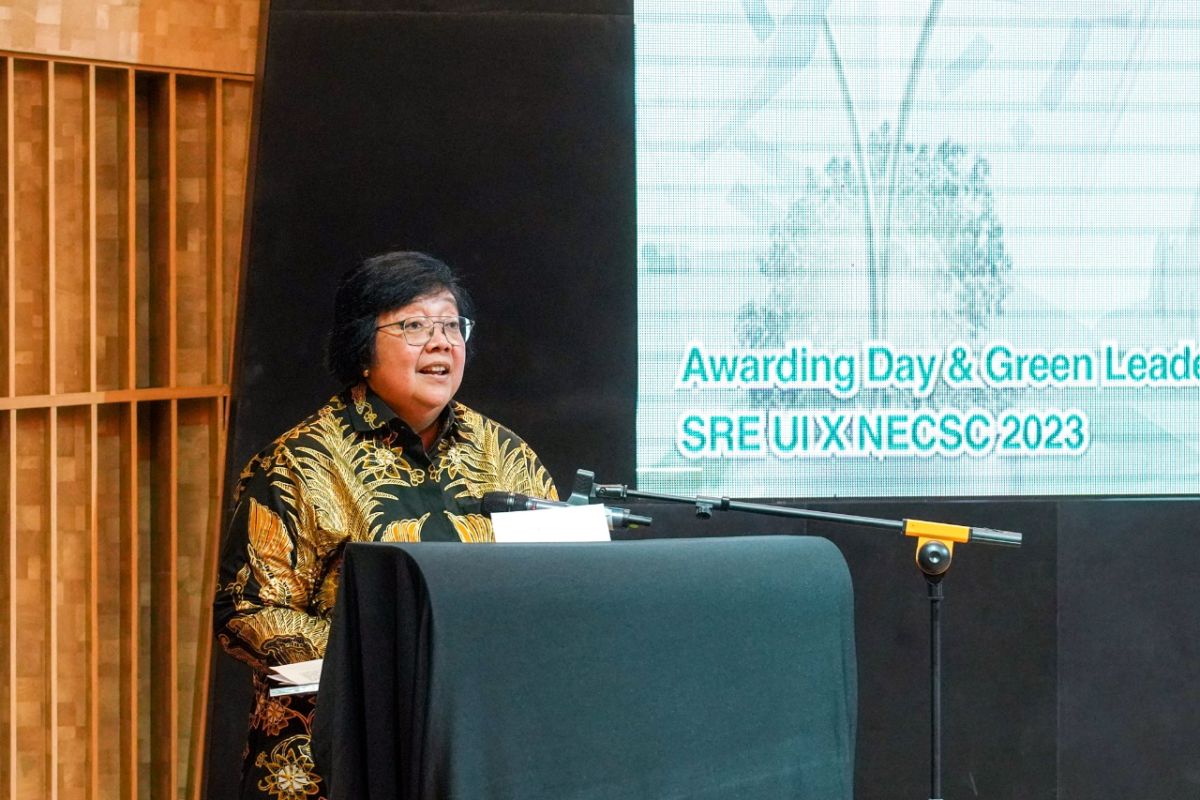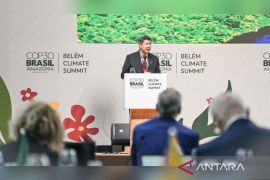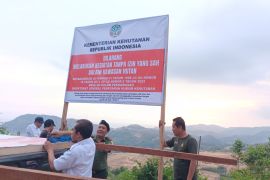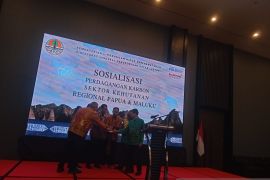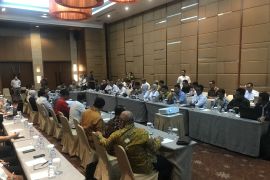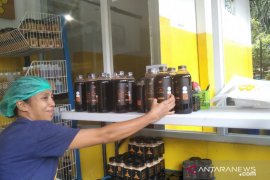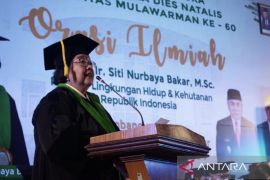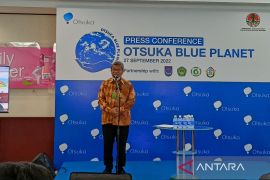The minister delivered the statement on the occasion of awarding of winners of a writing competition about energy, climate, and sustainability in the University of Indonesia on Sunday (February 12).
"This event (scientific writing) is considered (part of) influential experiences because it aims to improve literacy and rouse interest in youth about environmental issues and energy transition as well as challenging the younger generation to collaborate and hone their skills in problem solving," the minister noted in her statement here on Monday.
Moreover, Bakar appealed to renewable energy activists, lecturers, researchers, and students to edify the public about their research at the national and global scope.
Contribution from researchers from national universities in the Intergovernmental Panel on Climate Change (IPPC) supports the progress of national interests. For instance, publication of the Supplement of IPCC Guidelines 2006 for National GHG Inventories: Wetlands allows for the calculation of greenhouse gas inventories from peatlands.
Moreover, the IPCC Special Report on Oceans and Cryospheres strongly supports Indonesia's efforts to probe blue carbon potentials through the IPCC AR6 Working Groups I, II, and III.
The minister calls for greater research contribution in renewable energy, given that their researchers' contribution in IPCC still predominantly covered the land aspect.
Related news: Youth will bear burden of climate change: minister
Related news: Youth on the vanguard of climate change movements
During the period from 2011 to 2020, global surface temperatures have risen by an average of 1.09 degrees Celsius, with an increase in surface temperature of 1.5 degrees Celsius and sea level temperatures of 0.89 degrees Celsius. The data is obtained from the 2018 IPCC Special Report of 1.5 degrees Celsius and the IPCC Sixth Assessment Report Working Group I, published on August 7, 2021, on the physical science basis of climate change.
In the intermediate scenario, global temperature will continue to increase between 2.1 and 3.5 degrees Celsius. Extensive efforts should therefore be pursued from 2020 to 2030 in pursuit of reducing greenhouse gas emissions in the 2020-2050 period.
"A 1.5-degrees Celsius increase in temperature will increase the intensity of rainfall and its side effects, such as floods and droughts in Asian countries," Minister Bakar pointed out.
The minister highlighted the urgency to address energy, climate, and sustainability issues, for which the youth should properly see, understand, and study climate issues with the basics of energy-related analysis.
Bakar highlighted that the main source of energy on Earth is the sun, which could be harnessed into nuclear, chemical, heat, and mechanics or kinetic energies.
"The last three forms of energy are very closely related to the beginning of life on earth. The core of life on earth is photosynthesis, in which sunlight is received, captured, and stored by plants and then used by humans; the plants are eaten, and thus un-clocked energy take place," she explained.
Energy balance analysis and identification of damage to the ozone layer also use the concept of energy flow.
Energy from the sun penetrates the earth, going along the flow of energy of the earth's surface coupled with that of the atmosphere. This exchange between the Earth's surface and the atmosphere determines the planet's balance of energy.
Based on climatological, geographical, and demographic conditions, Indonesia is prone to the impacts of climate change. Moreover, Indonesia also emits large amounts of greenhouse gases into the atmosphere.
Indonesia had formulated policies and actions to address climate changes, so as to protect people's lives and ensure national development as well as to partake in global efforts to limit increase in global temperature, she remarked.
The state has also ratified the Paris Agreement through Law Number 16 of 2016 and issued Presidential Regulation Number 98 of 2021 on the implementation of carbon economic value for achieving Nationally Determined Contribution (NDC) targets and controlling greenhouse gas emissions in national development.
Related news: COP-27 pavilion demonstrates Indonesia's climate leadership
Related news: Indonesia, partners launch JETP to secure climate targets
Translator: Sugiharto Purnama, Mecca Yumna
Editor: Yuni Arisandy Sinaga
Copyright © ANTARA 2023
